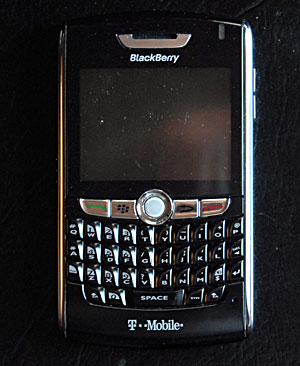Lovely WSJ column by Walt Mossberg…
Suppose you own a Dell computer, and you decide to replace it with a Sony. You don’t have to get the permission of your Internet service provider to do so, or even tell the provider about it. You can just pack up the old machine and set up the new one.
Now, suppose your new computer came with a particular Web browser or online music service, but you’d prefer a different one. You can just download and install the new software, and uninstall the old one. You can sign up for a new music service and cancel the old one. And, once again, you don’t need to even notify your Internet provider, let alone seek its permission.
Oh, and the developers of such computers, software and services can offer you their products directly, without going through the Internet provider, without getting the provider’s approval, and without giving the provider a penny. The Internet provider gets paid simply for its contribution to the mix: providing your Internet connection. But, for all practical purposes, it doesn’t control what is connected to the network, or carried over the network.
This is, he says “the way digital capitalism should work”, and he’s right. But there’s one area in digital technology where it doesn’t apply — the mobile phone industry.
A shortsighted and often just plain stupid federal government has allowed itself to be bullied and fooled by a handful of big wireless phone operators for decades now. And the result has been a mobile phone system that is the direct opposite of the PC model. It severely limits consumer choice, stifles innovation, crushes entrepreneurship, and has made the U.S. the laughingstock of the mobile-technology world, just as the cellphone is morphing into a powerful hand-held computer.
Whether you are a consumer, a hardware maker, a software developer or a provider of cool new services, it’s hard to make a move in the American cellphone world without the permission of the companies that own the pipes. While power in other technology sectors flows to consumers and nimble entrepreneurs, in the cellphone arena it remains squarely in the hands of the giant carriers.
The Soviet Ministry Model
That’s why I refer to the big cellphone carriers as the “Soviet ministries.”
It goes on, and gets even better. This is a great op-ed piece.

